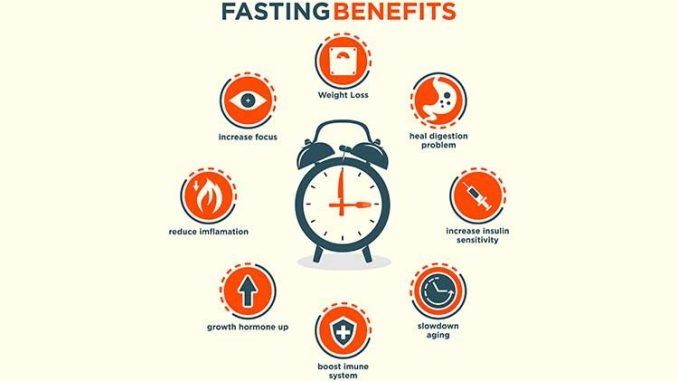
Intermittent fasting is a popular eating pattern that involves alternating periods of eating and fasting. It does not specify which foods you should eat but rather when you should eat them. This approach has gained traction in recent years due to its potential health benefits.
Pros of Intermittent Fasting
Weight Loss: Intermittent fasting can help with weight loss by reducing calorie intake and increasing fat burning.
Improved Metabolic Health: Some studies have shown that intermittent fasting can improve blood sugar levels, reduce inflammation, and lower the risk of chronic diseases.
Enhanced Brain Function: Fasting may increase the production of brain-derived neurotrophic factor (BDNF), a protein that promotes brain health and function.
Simplicity: Intermittent fasting is easy to follow and does not require complicated meal planning or calorie counting.
Cons of Intermittent Fasting
Potential Nutrient Deficiencies: Fasting for extended periods may lead to nutrient deficiencies if not carefully planned.
Difficulties with Compliance: Some individuals may find it challenging to stick to an intermittent fasting schedule, especially in social settings.
Potential Negative Effects on Hormones: Extended fasting periods may disrupt hormone levels in some individuals, causing adverse effects on metabolism and overall health.
Best Practices for Intermittent Fasting
Start Slow: If you are new to intermittent fasting, begin with shorter fasting periods and gradually increase the duration over time.
Stay Hydrated: Drink plenty of water during fasting periods to stay hydrated and curb hunger cravings.
Focus on Nutrient-Dense Foods: When breaking your fast, choose whole, nutrient-dense foods to ensure you are meeting your nutritional needs.
Listen to Your Body: Pay attention to how your body responds to intermittent fasting and adjust your approach accordingly.
Consult a Healthcare Professional: If you have any underlying health conditions or concerns, consult with a healthcare professional before starting intermittent fasting.
Intermittent fasting can be a beneficial approach to improving health and well-being, but it may not be suitable for everyone. It is essential to weigh the pros and cons and implement best practices to ensure a successful intermittent fasting experience.
